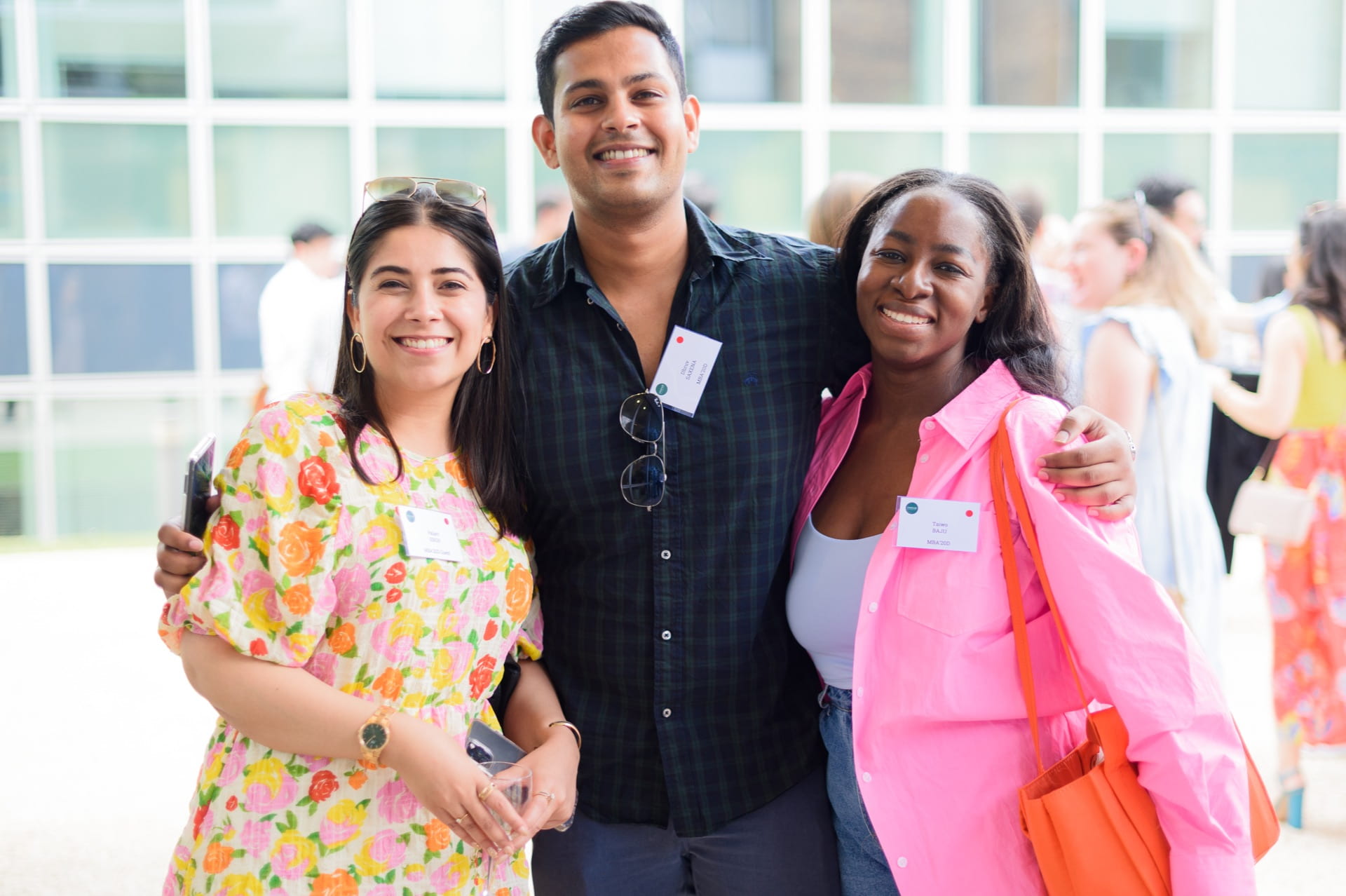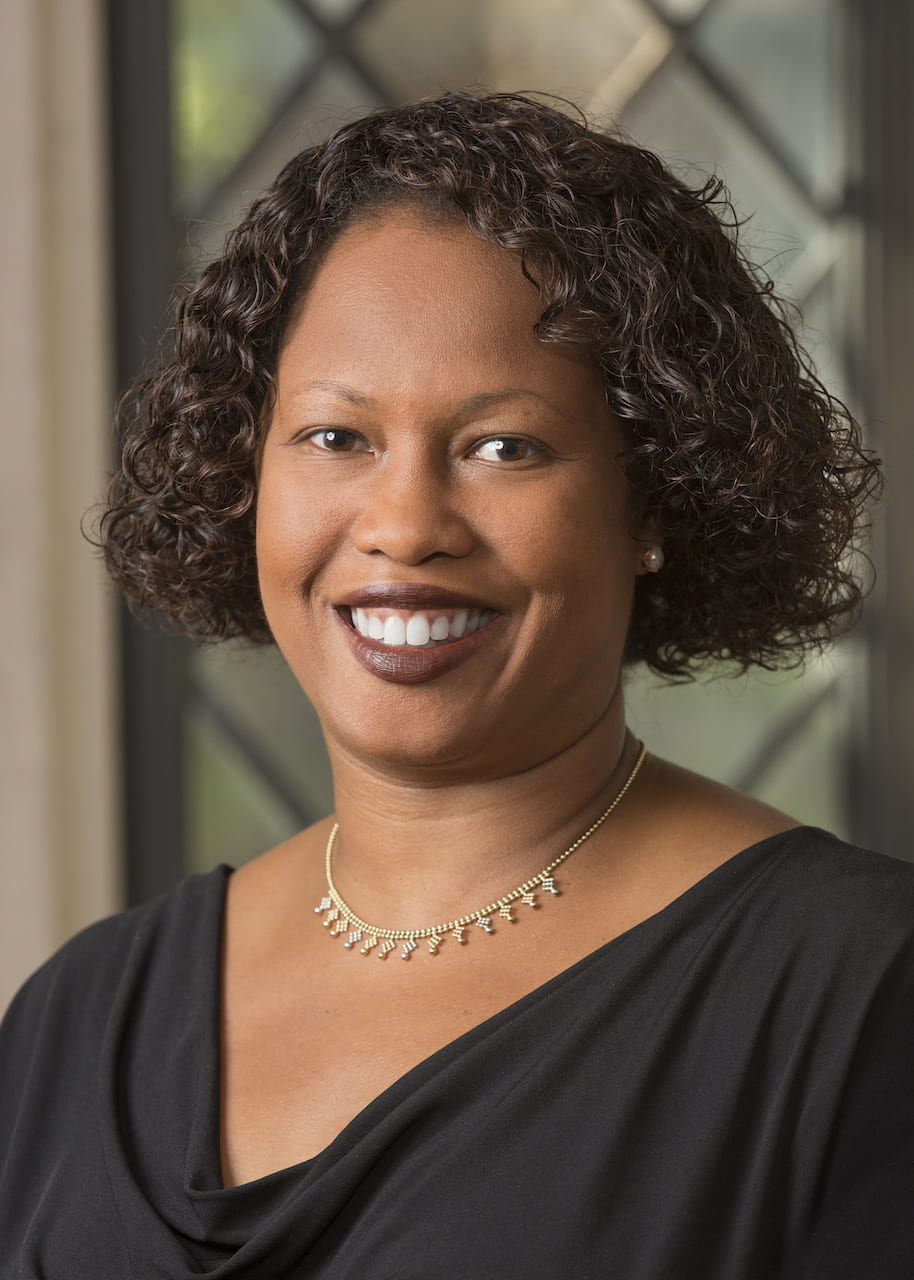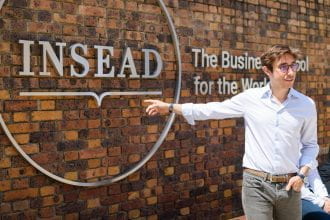
Diversity, Equity and Inclusion is part of the INSEAD DNA
To strengthen its DEI initiatives, INSEAD opened a new office led by Sharon Brooks
In 1959, when INSEAD welcomed its first intake of MBA students, it declared that diversity was the first of its five core values. At the time, this was a relatively bold move, given that many countries and cultures were still divided in the aftermath of World War II. But INSEAD’s founders believed that advocating for diversity was key to restoring global peace and prosperity.
Just as INSEAD stood out then for diversity, it stands out today. In fact, the school’s 65,000+ alumni exemplify what it means to be a diverse community, representing 169 nationalities and hailing from 180 countries.
However, while INSEAD celebrates these strengths, it recognises it has more work to do in the broader area of diversity, equity and inclusion. To formalise this effort, the school opened a new Diversity, Equity and Inclusion (DEI) Office in January 2022. Sharon Brooks, an accomplished DEI expert, was appointed to lead the office as its Executive Director.
Brooks notes that this is an important next step for INSEAD, as for other organisations on the “DEI journey.”
“When you bring together different groups of people, that’s just the beginning of the process – and INSEAD understands this better than anyone,” she explains. “Once you have communities of people with different identities and demographics, the challenge is making sure everyone feels they belong and can maximise their potential. Bringing intentionality to the creation of inclusive environments is the real key to success.”
Starting the conversation
What does diversity mean to you?
That was one of the first questions Brooks posed in her more than 400 conversations with over 100 INSEAD alumni, students, faculty and staff this year. “At INSEAD, diversity is going to take on every dimension you can imagine, and we want to create space to highlight that,” she explains, ticking off a list that includes geography, gender, gender identity, sexual orientation, disability, neurodiversity, ethnicity, race, religion, socioeconomic status and more. “There isn’t going to be a one-size-fits-all approach to how we craft our DEI objectives and initiatives.”

Sharon Brooks, Executive Director of the new DEI Office at INSEAD (Credit: Harold Shapiro)
Raising awareness about DEI issues is also key to this process, she adds, explaining that the Office is exploring different avenues to that end. For example, it recently launched a new podcast, “Inspiration and Impact,” hosted by INSEAD alumna and Board Member Chwee Foon Lim MBA’98D. The podcast will highlight leaders who have successfully advanced gender equality in the workplace, such as Claudia Eberhagen MBA’98D.
Meanwhile, the DEI Office is working closely with teams of alumni, faculty, staff and students to bring DEI into the conversation at upcoming events and workshops. During SDG Week this November, for example, INSEAD hosted a panel of business leaders who shared how they’ve used DEI initiatives to positively impact their communities and organisations.
Creating allies and ambassadors
True to the INSEAD way, the DEI Office aims to empower every member of the INSEAD community to become an ally or ambassador for diversity.
“The idea is to create an opportunity for everyone to feel that diversity is something that is relevant to them,” Brooks explains. “Everyone has a role to play, whether or not they see a distinct ‘category’ that they fit into.”
Ultimately, the hope is that all members of the community will champion DEI in their workplaces and communities — such as by sharing lessons learned, fostering cross-cultural understanding, mentoring diverse teams and modelling inclusive leadership. However, alumni can do their part in other ways. For example, Brooks invites them to speak to the students in the Africa Club, Latin America Club, OUTSEAD, Women in Business and others; volunteer to interview candidates for the next MBA intake; or simply spread the word about the value of global education within such a diverse business school environment.
The time is now
For organisations, investing in DEI isn’t just the right thing to do. Increasingly, research indicates it is a business imperative. A 2019 analysis by McKinsey & Company found that companies in the top quartile for gender diversity were 25% more likely to have above-average profitability than companies in the fourth quartile. Along similar lines, a 2019 study by Accenture found a strong link between equity and innovation; in organisations with the most-equal cultures, the “innovation mindset” of employees was six times higher than those in the least-equal cultures.
“We also know that creating inclusive cultures is essential to retention, beyond just recruiting diverse talent,” Brooks says. “This is something that is often overlooked, but the companies that prioritise these values thrive.”
Indeed, this is a top priority for INSEAD, as evidenced by the creation of the DEI Office, INSEAD Gender Initiative, Hoffmann Global Institute for Business and Society and The James M. and Cathleen D. Stone Centre for the Study of Wealth Inequality. And the time to lean into these strengths is now.
“No one is better positioned than INSEAD to bring together people from different backgrounds and create the next generation of truly global leaders,” Brooks says. “In this particular moment, that is not only what the business world needs, but what the world at large needs.”


